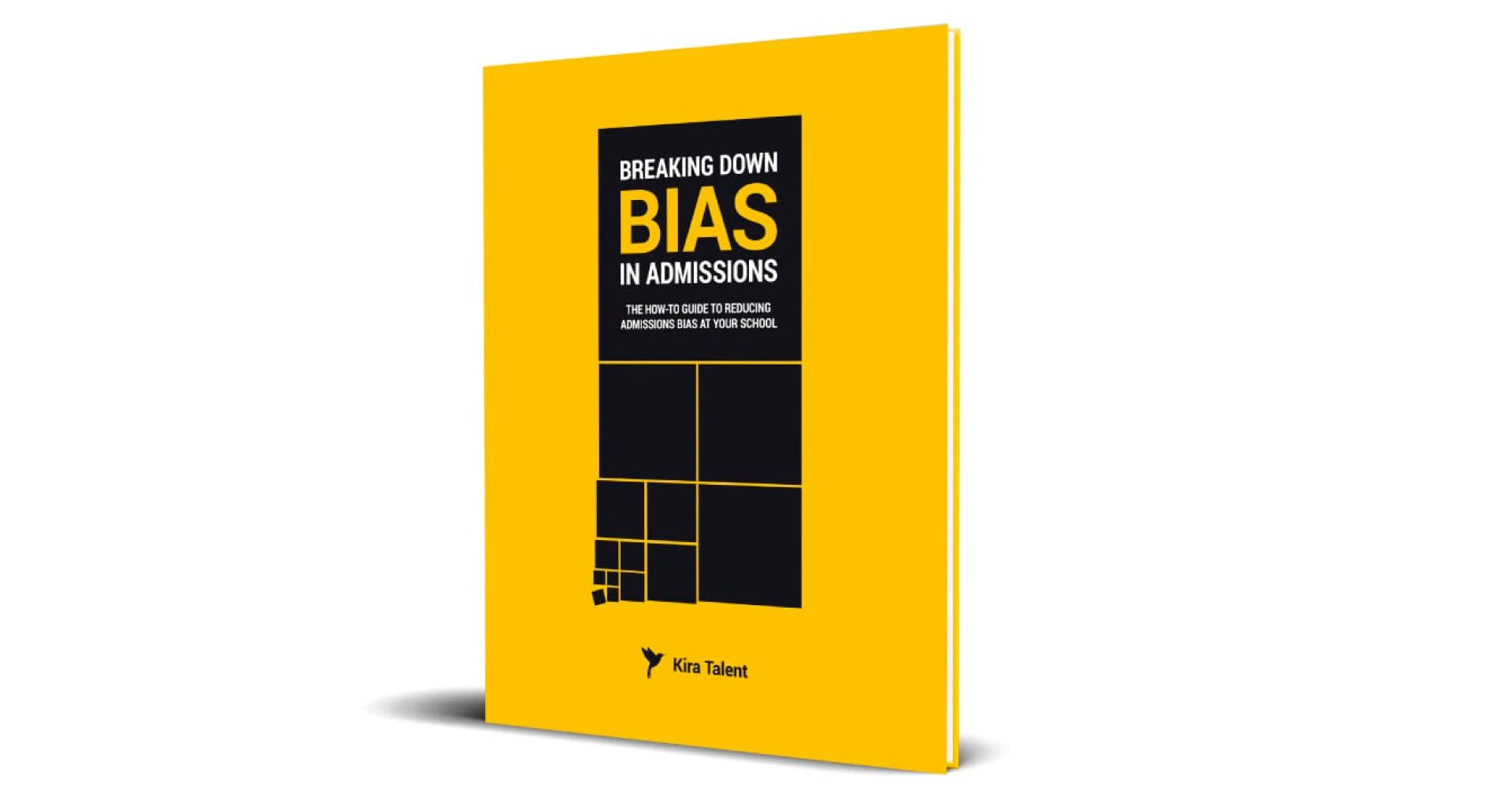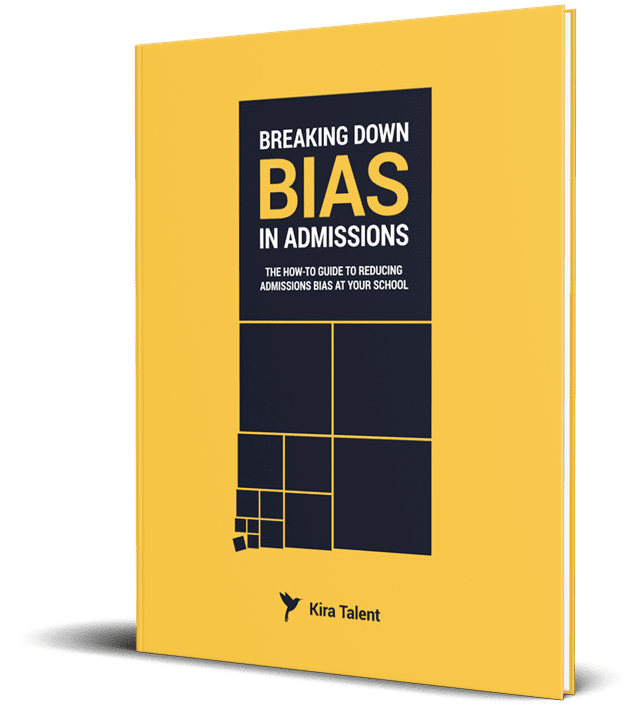For over 50% of graduate schools, time is the number one barrier to conducting holistic assessments.
Many programs, especially those with large applicant volumes, will lean on test scores and transcript cutoffs as a way to manage the number of students they need to review. However, we know grades and test scores often aren’t as indicative of a student’s potential to succeed as schools hope.
Admitting students based on a combination of academic performance and key traits like motivation, leadership, and work ethic can help improve your yield rate, classroom engagement, student satisfaction, and even retention.
Kira’s online, asynchronous platform can help your existing team scale beyond your resources. In the Kira platform, administrators can invite and assign batches of applicants to multiple users.
For example, if you have a committee of 12 reviewers and 1,000 applicants – each committee member could review and evaluate 80 applicants over a few weeks from their office.
Here are six ways our clients have successfully scaled Kira reviewing.
1. Invite Faculty Members
One of the most popular ways to scale either admissions interviewing or reviewing Kira assessments is engaging faculty members. If you aren’t already inviting faculty to assess prospective students, consider it: As faculty will be teaching students, and in some cases working directly with them, they’re excellent candidates to weigh in on if students’ possess the traits needed to succeed. This also gives faculty an opportunity to shape the classes they teach.
2. Partner with Career Services
Your Career Services team are experts on what it takes to move successfully from school to the workforce. Partnering with the Career team at your school can help you expand your review team to select students who have the potential for success. Career advisors will get to know students sooner and have a say on selecting the students whose job searches they will eventually support.
3. Engage Your Alumni
Alumni know first-hand about what the community and student experience at your school is like. As long as they’re aware of what qualities you’re looking for, alumni volunteers can serve as an excellent resource for screening students at scale.
Plus, new alumni often want to give back to their school, but they aren’t always in a position to donate. This is a great way for new grads and for new grads to maintain a relationship with the school and have a say in who joins their alumni network.
4. Hire Current Students
With a faculty or staff advisor helping out, your current students can make diligent and dedicated admissions committee members. While they may not have the same level of insight into life after graduation as your alumni, current students are familiar with the admissions process as they went through the admissions process more recently than anyone else.
If you’re able to create admissions reviewing as a work-study opportunity, this could provide some helpful income for current students. For volunteers, reviewing can be a lot of fun and works as a good project to pair with new student advising and first-year mentorship programs.
5. Replace an Essay Question with a Timed Video Question
One of the best ways to be sure you aren’t adding work for yourself or members of your team is to sub a video response in for an essay question. Schools who use Kira in place of an essay have found they get the same level of insight, if not more, asking a question via video instead of through an essay.
Instead of reading 1,000 essays, watching 1,000 one- or two-minute video responses will take less time per applicant.
6. Invest in Reviewer Services
For schools who do not have the human resources to review any applicants, Kira offers Reviewer Services. Our reviewers serve as an extension of your admissions team to help you identify and select the best-fit applicants for your school.
Reviewers are given complete training on your school’s needs and will assess your entire incoming applicant pool based on your key traits, your evaluation rubric, and your program’s vision. Once your applicants are reviewed, you will get a complete report of the evaluations across your criteria based on multiple reviewers for each applicant to help make the best decisions on who to bring to campus.
Any efficiency strategies you'd like to suggest? Add them in the comments!



